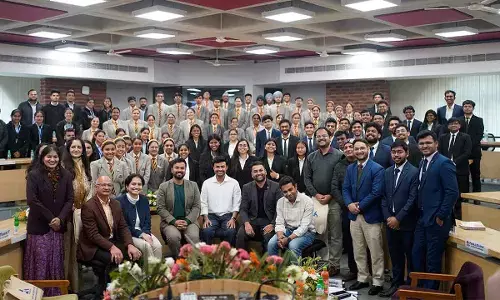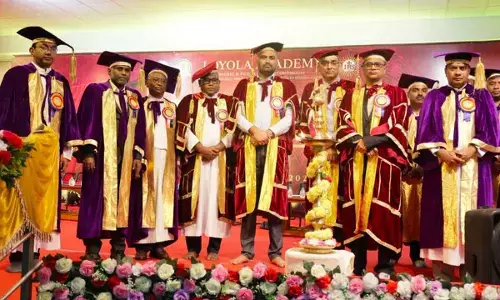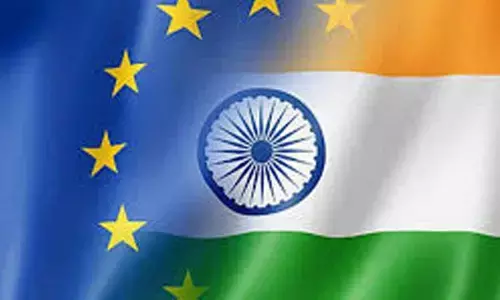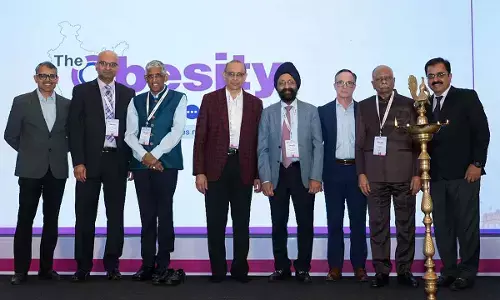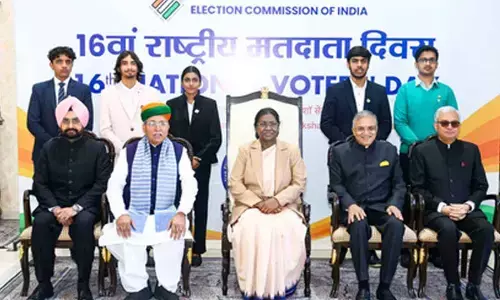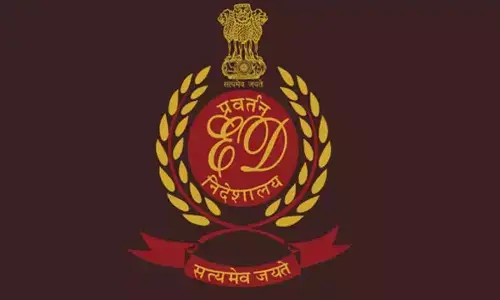Is the ban on PFI is just enough?
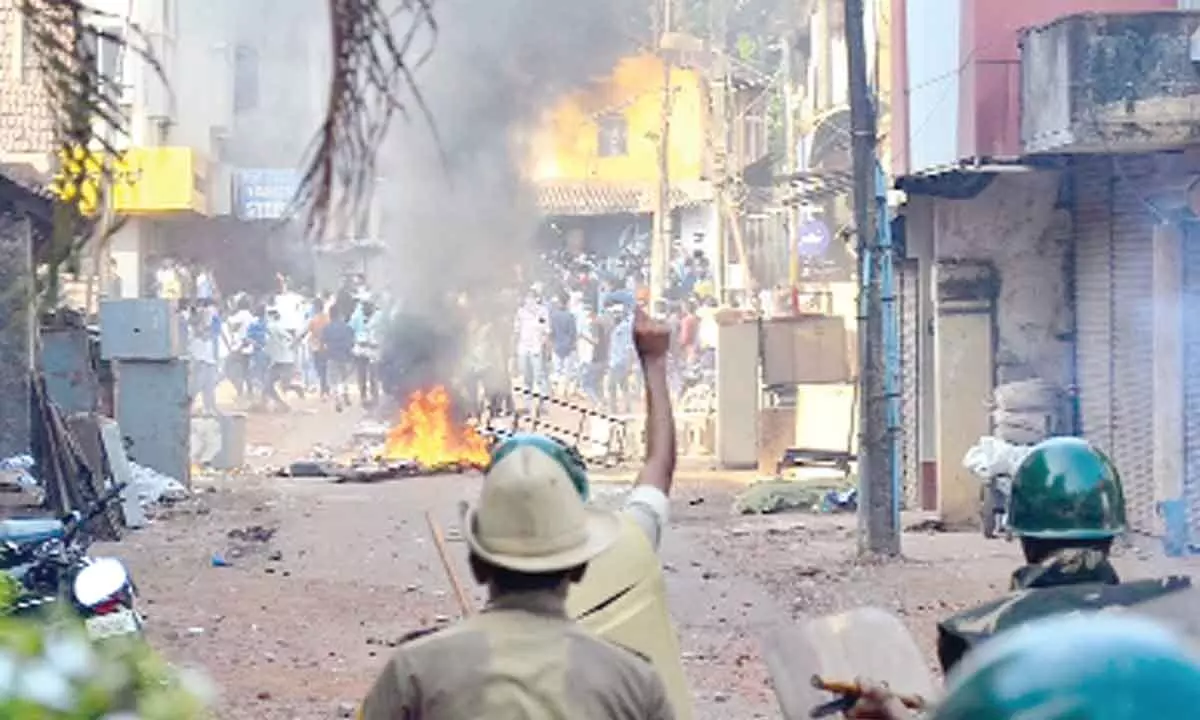
PFI's internal document calls to make India into an Islamic state by 2047 and this would be done by uniting Muslims under the flag of PFI
After years of deliberation by state governments, intellectuals and experts, the Modi government in a surprising move banned the Popular Front of India (PFI) for five years in the early hours of September 28, 2022 under the stringent anti-terror law, the Unlawful Activities (Prevention) Amendment Act, 2019.
The Social Democratic Party of India (SDPI), the political arm of PFI, has been left out because of legal complications. It falls under the purview of the Election Commission of India (ECI) and not the Ministry of Home Affairs. Legally also, under the Representation of the People Act, 1951, the ECI doesn't have the power to de-register a political party.
The Centre's main contention is that the PFI will continue to propagate anti-national sentiments by radicalising a particular community against the country and constitutional authority. This in turn will be a threat to the integrity, security and sovereignty of the country.
But banning the PFI wouldn't reduce the country's threat quotient because it is a resurrected form of the Students Islamic Movement of India (SIMI), which was banned in 2001 for terror activities. The objectives of SIMI were clear - to lead life according to the Quran, propagate Islam and wage jihad.
PFI's internal document calls to make India into an Islamic state by 2047 and this would be done by uniting Muslims under the flag of PFI, highlighting grievances, infiltrating power corridors, terrorising opponents and liaising with Islamic countries for funding. Banning PFI will not solve the problem as it will mutate into something else. Therefore, it is its ideology that needs to be thwarted, attacked and neutralised in whatever way possible. There are two kinds of groups under political Islam - the Muslim Brotherhood and Jihadi groups like Al-Qaeda. In 1920, Hassan al Banna founded the Muslim Brotherhood or al-Ikhwan al-Muslimun in Egypt, whose idea was that an Islamic Caliphate will pronounce over the world but it has to be done in a strategic manner where you create conditions where society becomes more Islamic; it can be through social means like health, education etc and eventually society will be overturned and Islam will prevail. Then there are the Jihadi groups like Al-Qaeda which say that you don't have to wait for the right conditions because changes can be introduced by way of Jihad.
Even with so many death sentences, brutality and incarceration; Egypt is not able to neutralise the threat of the Muslim Brotherhood.
The most important factor that kept the individual and organisation going was the ideological servitude and willingness to carry on for their ultimate goal.
Even under dictatorial Egypt's harsh punishments, Muslim Brotherhood has continued to survive and India's counterpart, PFI, will most likely survive given the Indian nation's ethos and its secular legal structure. PFI has already learnt its lessons from the SIMI days and the organisation and its leadership have undergone a metamorphosis in this regard.
The Modi Government has duly followed the Egyptian approach in dealing with the PFI.
The organisation has changed - it is no longer hierarchical. The now arrested General Secretary of the PFI, Anis Ahmed in a BBC interview said that as of 2020 there were about 4,00,000 members. Ahmed added that there is no centralised data repository from where one can know who is a member of the PFI. He said that the members do not have identity cards and all the data is kept at local units.
The PFI receives funding and support from Muslim Brotherhood and countries such as Qatar and Turkey. If the situation warrants, their coordinators will not shy away from getting their external office opened in these friendly countries.
Lastly, its ideology remains steadfast and unwavering considering the response of their family members and support by a section of civil society, politicians and media.
To lower PFI influence in society and make it irrelevant, the government will have to give space to non-Hindu voices like Christians who have faced the brunt of PFI in communal violence, highlight crimes by PFI in foreign countries which have become a haven for their functionaries and get them extradited to India. The government will have to impress upon the members of the PFI that their support to the PFI is not only offensive to the sovereignty of India but is also causing damage to the reputation of their religion and family. Above all, the government will have to convince the supporters of the PFI that it will automatically become unsustainable for the PFI to survive as an organisation.
(The content is being carried under an arrangement with
indianarrative.com)








